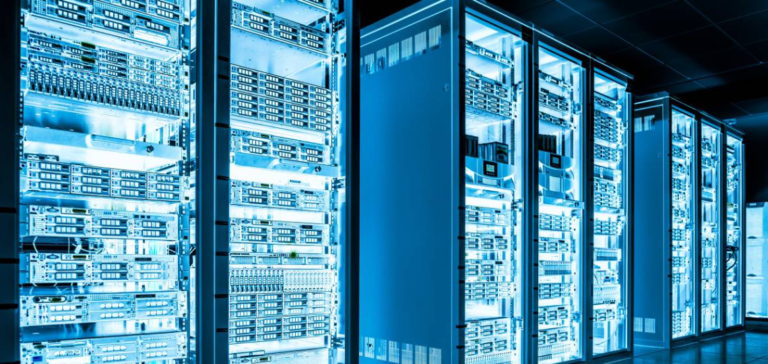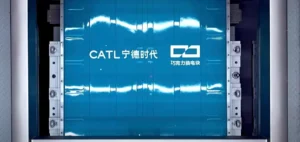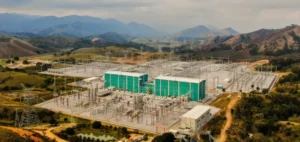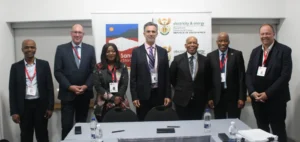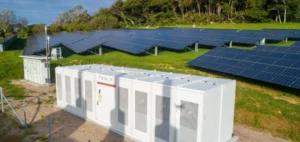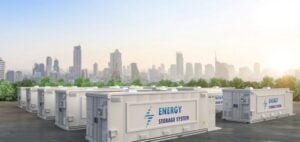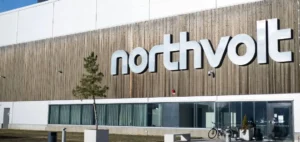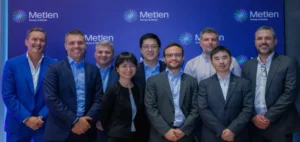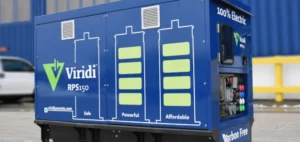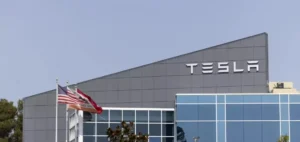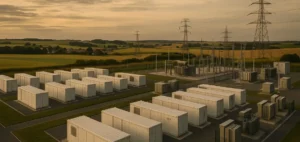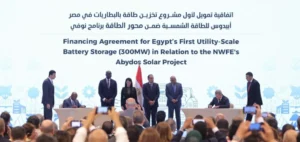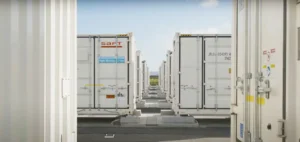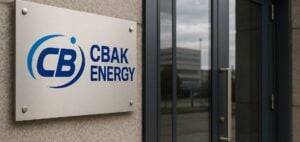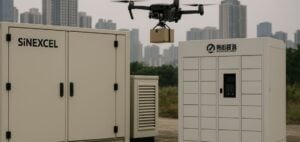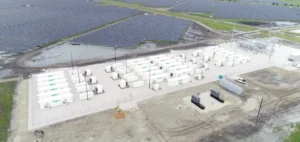The rise of Artificial Intelligence (AI) and High-Performance Computing (HPC) technologies is dramatically increasing energy demand in data centers. Energy Plug Technologies Corp. has signed a Memorandum of Understanding (MOU) with Power Touch Corp. a Taiwanese company specializing in electronic solutions, to provide energy storage solutions for these critical infrastructures.
Responding to Exponential Growth in Energy Demand
The partnership aims to allocate or sell energy generated by Energy Plug’s battery storage systems to data centers managed by Power Touch in Canada. Energy Plug plans to roll out new battery storage programs, increasing its capacity to supply additional energy to meet the growing demand from IA data centers.
Broderick Gunning, President and CEO of Energy Plug, said, “With the growing use of AI, the demand for electricity in data centers could more than double by 2030. We look forward to working with Power Touch to provide reliable, sustainable energy.”
Economic implications and benefits of partnership
Data centers currently consume around 13% of the world’s electricity, a figure that is set to rise with the increased adoption of AI. Energy Plug focuses on developing energy storage solutions for residential, commercial and microgrid needs in Canada. The surplus energy generated by these systems will be redirected to the Power Touch data centers, ensuring a stable, continuous power supply.
Terry Tsai, President of Power Touch, added: “This partnership will enable us to meet our energy needs flexibly and in line with data center requirements, accelerating our growth. Revenues generated by energy savings will be shared, benefiting all stakeholders.”
International Perspectives and Future Development
Although the initial focus is on the Canadian market, Energy Plug and Power Touch are exploring growth opportunities abroad, notably in the United States, Latin America, India and the Middle East. This potential expansion is designed to meet the growing global demand for sustainable energy solutions.
This partnership marks a significant step in the evolution of the energy sector, particularly for AI-powered data centers. It promises to deliver innovative, sustainable energy solutions that meet the current and future needs of the global market.

